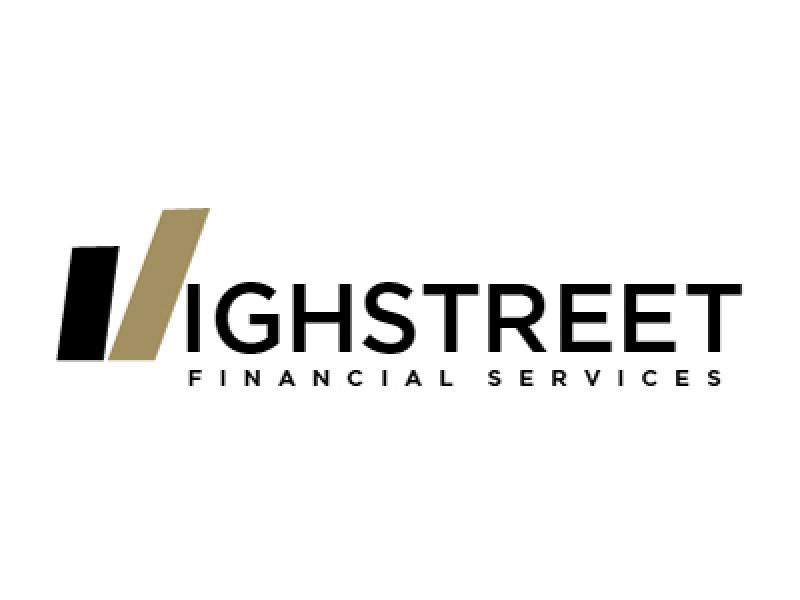 The commercial real estate landscape changed significantly in 2022, so it's not surprising executives have a whole new set of problems to worry about, according to the ULI/PwC Emerging Trends in Real Estate 2023 report.
The commercial real estate landscape changed significantly in 2022, so it's not surprising executives have a whole new set of problems to worry about, according to the ULI/PwC Emerging Trends in Real Estate 2023 report.
“Unsurprisingly, if we look at our predictions for 2022, things have changed a lot," David Neale, assurance partner for PwC Vancouver, told a gathering of the Urban Land Institute as the report was unveiled in the Western Canadian city. "We’ve had a year of political uncertainty, the highest inflation since the 1980s and an overall tougher climate to operate in.
"Interestingly, when we asked people what’s keeping them up at night, the answers were pretty much identical between Canada and the United States. Most of these interviews and the data contained took place in the summer and fall, and sentiment is likely more bearish now than it was even six months ago.”
Held at the venerable Terminal City Club, the Feb. 7 event was the first in-person gathering for the ULI's Vancouver chapter since COVID restrictions were put in place in 2020.
The gathering coincided with the public release of the Emerging Trends report. Jointly produced by the ULI and PwC, the annual report provides an outlook on real estate investment and development trends throughout the United States and Canada.
Interviewees and survey participants represent a wide range of industry experts, including investors, fund managers, developers, property companies, lenders, brokers, advisers and consultants.
ULI and PwC staff personally interviewed 617 individuals and survey responses were received from more than 1,450 individuals.
The highly regarded report is now in its 44th year.
The key concerns for CRE executives
In expanding on the findings, Neale noted: “Price discovery remains a key issue, with buyers, sellers and the lending markets hitting the pause button since the middle of last year.
"In 2022, there was an oversupply of capital. One year later, some respondents see an undersupply.”
The report also notes “sellers and buyers find themselves at odds over pricing expectations and valuations as some real estate assets come under pressure. Respondents identified interest rates and costs of capital as the top economic issue for real estate in 2023 and . . . both equity capital and debt capital are undersupplied.”
No. 2 on PwC’s list are impacts arising from ESG (Environmental, Social and Governance) factors which, Neale admits, “used to get huge eye rolls, but are now a concern since investors, lenders and private equity all need to report their own ESG numbers, and this results in a capital constraint.”
The report notes the Canadian real estate industry is a laggard when it comes to climate change strategy.
“In other areas of the world, investors are increasingly looking beyond whether a company has an ESG strategy to ask about plans to reach net-zero greenhouse gas emissions. And if a company does not have a net-zero strategy, they won’t invest.
"But while Canadian real estate players can expect to start seeing similar requirements from their own investors, our interviews showed that some companies have yet to fully embrace the net-zero imperative.
"According to PwC’s 2022 global CEO survey, just 19 per cent of real estate executives said that their organization had made a commitment to net-zero greenhouse gas emissions.”
ESG a key concern for millennial workers
One noteworthy aspect of the ESG conversation is its popularity with millennial workers.
“There’s still a war for talent and labour shortages in many professions,” Neale said. “Younger employees are communicating that they want to work with companies whose values line up with their own.”
Finally, conversations around housing affordability remain a key concern not just in the real estate industry, but throughout Canadian society generally.
“We’re told that we might get towards housing affordability if we build 5.8 million new homes by 2030. Well, right now we’re on track to build 2.3 million homes — roughly 300,000 housing starts per year — and that’s actually pretty good," Neale said.
Add in high interest rates and the cost of owning a home gets even more prohibitive for many would-be homeowners, which in turn drives up apartment rental rates as well.
This is one reason why some people are exiting larger urban centres, but uncertainty over return-to-office requirements remains a factor for many.
“Canadians have been chasing affordability to smaller towns and cities, but we’re not quite sure how the work-from-home trend will end.”
Neale also offered a brief overview of the four main commercial and residential real estate sectors.
"The industrial category is a very safe sector, valuations are good, vacancies are low," he observed.
"Office space and retail leasing will be unpredictable until we see how many workers return to the office.
"For instance, the Government of Canada controls 42 million square feet of office space and is facing resistance from workers, who want to continue to work from home.
"If even 20 per cent of this space was to hit the market, that would create a huge opportunity.”
Strong growth in 2023 for Vancouver
Specific to Vancouver, the report notes the city “continues to be (Canada’s) top market to watch for both its investment and development prospects,
The Conference Board of Canada is predicting healthy economic growth of 3.3 per cent in 2023.
"Rental demand is strong, while CMHC’s 2022 spring housing market outlook suggests that construction activity will not be enough to increase vacancy rates or reduce rents.
"And amid rising interest rates and slowing migration from other provinces, housing starts are declined by 15.8 per cent in 2022. The Conference Board predicts a further decline in housing starts of 6.4 per cent next year.
“The office market is seeing declining vacancy and climbing rents with new developments in the works; the majority of which are already pre-leased.
"The all-class downtown vacancy rate dropped to 7.2 per cent in the second quarter of 2022, down from 7.7 per cent at the start of the year, according to CBRE.
"Among the factors buoying the office market are a vibrant technology sector as well as a higher propensity for employees to return to the workplace in Vancouver and other cities in Western Canada."
Vancouver’s industrial vacancy rate of 0.1 per cent is the lowest in Canada, while a Colliers report noted a 22.5 per cent year-over-year rise in the asking net rent.
The ULI/PwC report states while “some interviewees are watching for signs of a slowdown in Vancouver’s industrial market and the impacts of rising interest rates, others emphasize that land scarcity makes this asset class a best bet.”










